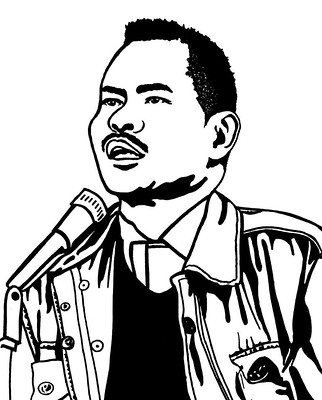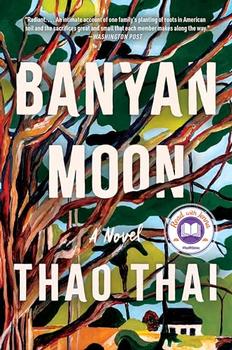Summary | Excerpt | Reading Guide | Reviews | Beyond the book | Read-Alikes | Genres & Themes | Author Bio

From the author of the National Book Award finalist Patron Saints of Nothing comes an emotionally charged, moving novel about four generations of Filipino American boys grappling with identity, masculinity, and their fraught father-son relationships.
Watsonville, 1930. Francisco Maghabol barely ekes out a living in the fields of California. As he spends what little money he earns at dance halls and faces increasing violence from white men in town, Francisco wonders if he should've never left the Philippines.
Stockton, 1965. Between school days full of prejudice from white students and teachers and night shifts working at his aunt's restaurant, Emil refuses to follow in the footsteps of his labor organizer father, Francisco. He's going to make it in this country no matter what or who he has to leave behind.
Denver, 1983. Chris is determined to prove that his overbearing father, Emil, can't control him. However, when a missed assignment on "ancestral history" sends Chris off the football team and into the library, he discovers a desire to know more about Filipino history―even if his father dismisses his interest as unamerican and unimportant.
Philadelphia, 2020. Enzo struggles to keep his anxiety in check as a global pandemic breaks out and his abrasive grandfather moves in. While tensions are high between his dad and his lolo, Enzo's daily walks with Lolo Emil have him wondering if maybe he can help bridge their decades-long rift.
Told in multiple perspectives, Everything We Never Had unfolds like a beautifully crafted nesting doll, where each Maghabol boy forges his own path amid heavy family and societal expectations, passing down his flaws, values, and virtues to the next generation, until it's up to Enzo to see how he can braid all these strands and men together.
This is very much a character-driven novel. Although each timeline has its own small plot, there is no overarching storyline. Rather, the narrative focuses on the typical complexities of father-son relationships compounded by cultural expectations, racial prejudice, and the desire to find one's place in the world. Enzo's story is particularly interesting because it takes place during the lockdown phase of the COVID pandemic; readers will have lived through the events of this time themselves and can see how one family is forced to grapple with personal, relational, and societal problems that are no longer possible to ignore because of social isolation...continued
Full Review
 (740 words)
(740 words)
(Reviewed by Jordan Lynch).
 Everything We Never Had by Randy Ribay explores the lives of four generations of men in the Maghabol family. The family's patriarch, Francisco, leaves the Philippines to seek work in America in the 1920s. Francisco quickly discovers that the stories he's heard of a country full of acceptance and success for immigrants are fantasies. A combination of harsh working conditions and racial prejudice pushes him to become a strike organizer. Although Francisco's role in the Filipino American agricultural worker strikes along the West Coast in the 1960s is fictional, the strikes themselves are not.
Everything We Never Had by Randy Ribay explores the lives of four generations of men in the Maghabol family. The family's patriarch, Francisco, leaves the Philippines to seek work in America in the 1920s. Francisco quickly discovers that the stories he's heard of a country full of acceptance and success for immigrants are fantasies. A combination of harsh working conditions and racial prejudice pushes him to become a strike organizer. Although Francisco's role in the Filipino American agricultural worker strikes along the West Coast in the 1960s is fictional, the strikes themselves are not.
Filipino immigrants began arriving in the United States in the 1920s and '30s, drawn by the promise of plentiful work and good pay. During this ...

If you liked Everything We Never Had, try these:

by Rosena Fung
Published 2024
A powerful coming-of-age graphic novel about how mothers and daughters pass down—and rebel against—standards of size, gender, race, beauty, and worth.

by Thao Thai
Published 2024
A sweeping, evocative debut novel following three generations of Vietnamese American women reeling from the death of their matriarch, revealing the family's inherited burdens, buried secrets, and unlikely love stories.